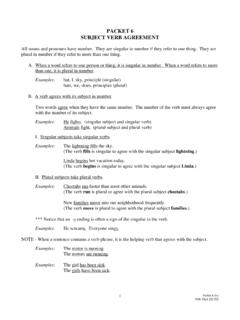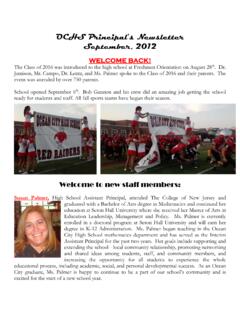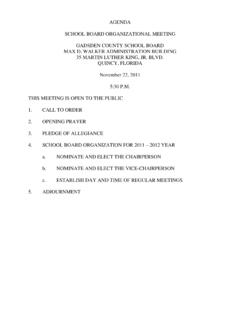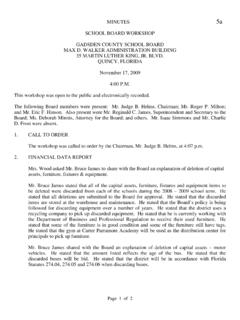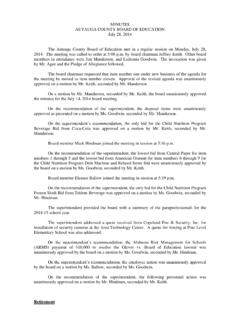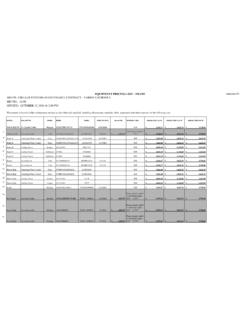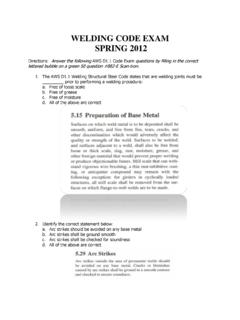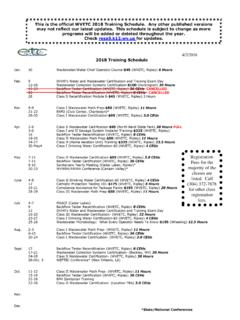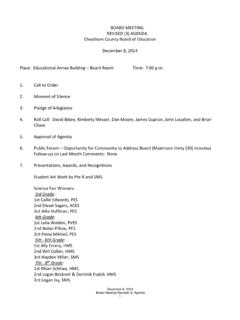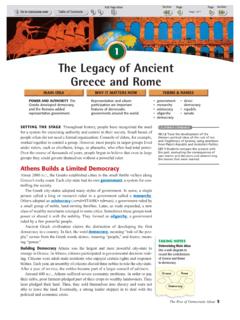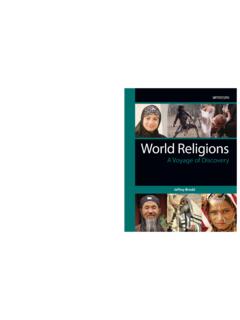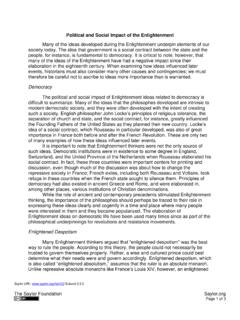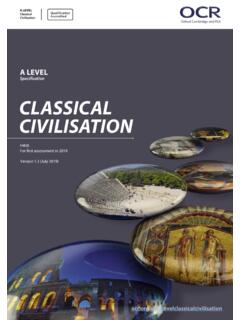Transcription of HOLT MCDOUGAL Modern World History
1 HOLT MCDOUGAL Modern World History PATTERNS OF INTERACTION Guided Reading Workbook Copyright by Houghton Mifflin Harcourt Publishing Company All rights reserved. No part of this work may be reproduced or transmitted in any form or by any means, electronic or mechanical, including photocopying or recording, or by any information storage or retrieval system, without the prior written permission of the copyright owner unless such copying is expressly permitted by federal copyright law. Permission is hereby granted to individuals using the corresponding student's textbook or kit as the major vehicle for regular classroom instruction to photocopy entire pages from this publication in classroom quantities for instructional use and not for resale.
2 Requests for information on other matters regarding duplication of this work should be addressed to Houghton Mifflin Harcourt Publishing Company, Attn: Contracts, Copyrights, and Licensing, 9400 South Park Center Loop, Orlando, Florida 32819. Printed in the ISBN 978-0-547-52082-7 123456789 XXX 16 15 14 13 12 11 10 450000000000 ^B C D E F G If you have received these materials as examination copies free of charge, Houghton Mifflin Harcourt Publishing Company retains title to the materials and they may not be resold. Resale of examination copies is strictly prohibited. Possession of this publication in print format does not entitle users to convert this publication, or any portion of it, into electronic format.
3 Contents Original content Houghton Mifflin Harcourt Publishing Company. Additions and changes to the original content are the responsibility of the instructor. iii Guided Reading Workbook Being a Strategic v Prologue The Rise of Democratic Ideas Section 1 Section 5 Section 9 Section 13 Chapter 1 European Renaissance and Reformation, 1300 1600 Section 17 Section 20 Section 23 Section 26 Chapter 2 The Muslim World Expands, 1300 1700 Section 29 Section 32 Section 35 Chapter 3 An Age of Explorations and Isolation, 1400 1800 Section 38 Section 41 Section 44 Chapter 4 The Atlantic World , 1492 1800 Section 47 Section 50 Section 53 Section 56 Chapter 5 Absolute Monarchs in Europe.
4 1500 1800 Section 59 Section 62 Section 65 Section 68 Section 71 Chapter 6 Enlightenment and Revolution, 1550 1789 Section 74 Section 77 Section 80 Section 83 Chapter 7 The French Revolution and Napoleon, 1789 1815 Section 1 .. 86 Section 2 .. 89 Section 3 .. 92 Section 4 .. 95 Section 5 .. 98 Chapter 8 Nationalist Revolutions Sweep the West, 1789 1900 Section 1 .. 101 Section 2 .. 104 Section 3 .. 107 Section 4 .. 110 Chapter 9 The Industrial Revolution 1700 1900 Section 1 .. 113 Section 2 .. 116 Section 3 .. 119 Section 4 .. 122 Chapter 10 An Age of Democracy and Progress, 1815 1914 Section 1 .. 125 Section 2 .. 128 Section 3.
5 131 Section 4 .. 134 Chapter 11 The Age of Imperialism, 1850 1914 Section 1 .. 137 Section 2 .. 140 Section 3 .. 143 Section 4 .. 146 Section 5 .. 149 Chapter 12 Transformations Around the Globe, 1800 1914 Section 1 .. 152 Section 2 .. 155 Section 3 .. 158 Section 4 .. 161 Chapter 13 The Great War, 1914 1918 Section 1 .. 164 Section 2 .. 167 Section 3 .. 170 Section 4 .. 173 continued Contents Original content Houghton Mifflin Harcourt Publishing Company. Additions and changes to the original content are the responsibility of the instructor. iv Guided Reading Workbook Chapter 14 Revolution and Nationalism, 1900 1939 Section 176 Section 179 Section 182 Section 185 Chapter 15 Years of Crisis, 1919 1939 Section 188 Section 191 Section 194 Section 197 Chapter 16 World War II, 1939 1945 Section 200 Section 203 Section 206 Section 209 Section 212 Chapter 17 Restructuring the Postwar World , 1945 Present Section 215 Section 218 Section 221 Section 224 Section 227 Chapter 18 The Colonies Become New Nations, 1945 Present Section 230 Section 233 Section 236 Section 239 Section 242 Chapter 19 Struggles for Democracy.
6 1945 Present Section 245 Section 248 Section 251 Section 254 Section 257 Chapter 20 Global Interdependence, 1960 Present Section 260 Section 263 Section 266 Section 269 Section 272 Being a Strategic Reader Original content Houghton Mifflin Harcourt Publishing Company. Additions and changes to the original content are the responsibility of the instructor. v Guided Reading Workbook How to Use This Book The purpose of this Guided Reading Workbook is to help you read and understand your History textbook, Modern World History : Patterns of Interaction. You can use this Guided Reading Workbook in two ways. 1. Use the Guided Reading Workbook side-by-side with your History book.
7 Turn to the section that you are going to read in the textbook. Then, next to the book, put the pages from the Guided Reading Workbook that accompany that section. All of the heads in the Guided Reading Workbook match the heads in the textbook. Use the Guided Reading Workbook to help you read and organize the information in the textbook. 2. Use the Guided Reading Workbook to study the material that will appear in the chapter tests. Reread the summary of every chapter. Review the definitions of the Terms and Names in the Guided Reading Workbook. Review the graphic organizer that you created as you read the summaries.
8 Review your answers to questions. Strategy: Use a graphic organizer to help you organize information in the : Read the summary. It contains the main ideas and the key information under the : Read the Terms and Names and the definition of each. The Terms and Names are in dark type in the section. continued Being a Strategic Reader Original content Houghton Mifflin Harcourt Publishing Company. Additions and changes to the original content are the responsibility of the instructor. vi Guided Reading Workbook Strategy: Underline the main ideas and key information as you read. Strategy: Answer the question at the end of each part. continued Being a Strategic Reader Original content Houghton Mifflin Harcourt Publishing Company.
9 Additions and changes to the original content are the responsibility of the instructor. vii Guided Reading Workbook The last page of each section of the Guided Reading Workbook ends with a graphic organizer that will help you better understand the information in the section. Use the graphic organizer to take notes as you read. The notes can help you to prepare for the section quiz and chapter tests. Name _____ Class _____ Date _____ The Rise of Democratic Ideas Section 1 Original content Houghton Mifflin Harcourt Publishing Company. Additions and changes to the original content are the responsibility of the instructor. 1 Guided Reading Workbook The legacy of ancient greece and Rome ATHENS BUILDS A LIMITED DEMOCRACY (Pages 5 7) How did democracy develop?
10 Throughout History , people have known the need for a government, or a system for exercising authority. For most of History , people have lived under single rulers, such as kings. This type of rule is called a monarchy. These rulers had total power. Other governments that developed included aristocracy, which is a state ruled by the noble class. Later as trade expanded, a class of wealthy merchants often ruled a land. This was known as an oligarchy. The idea of democracy that people can govern themselves grew slowly. Many people contributed to that idea over the centuries. Greek civilization began about 2000 ancient greece was made up of city-states.
